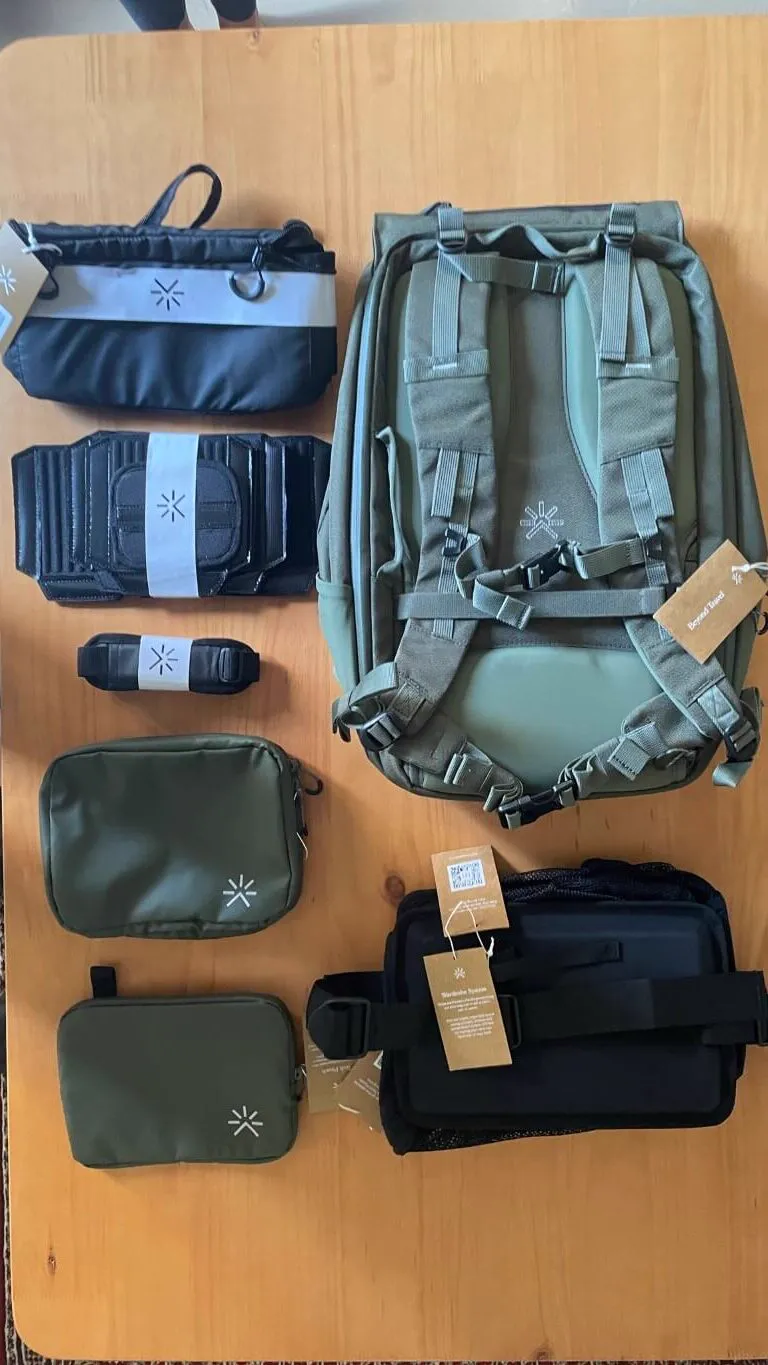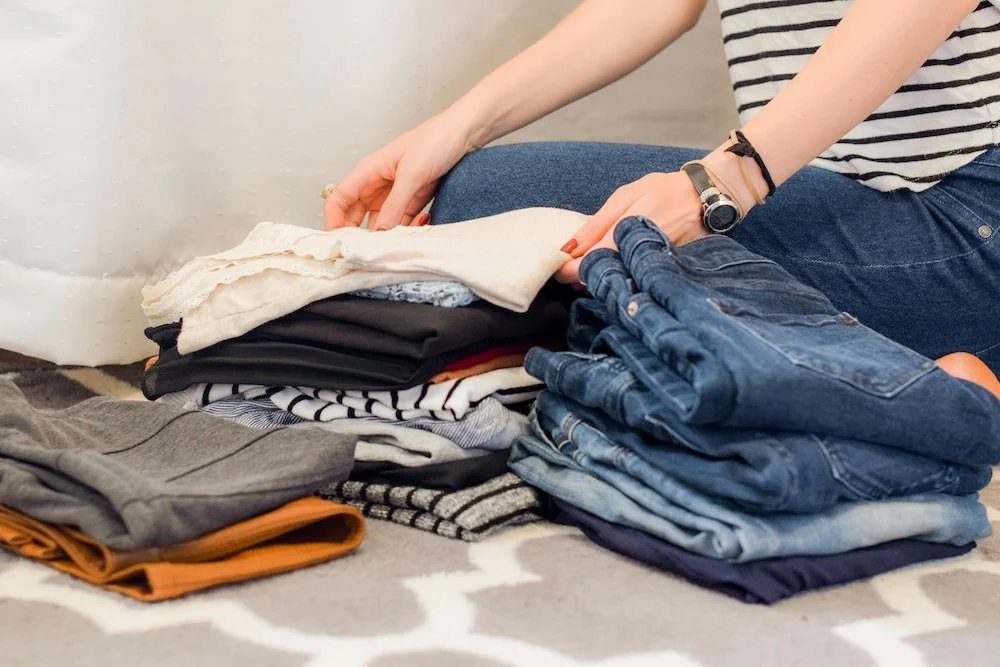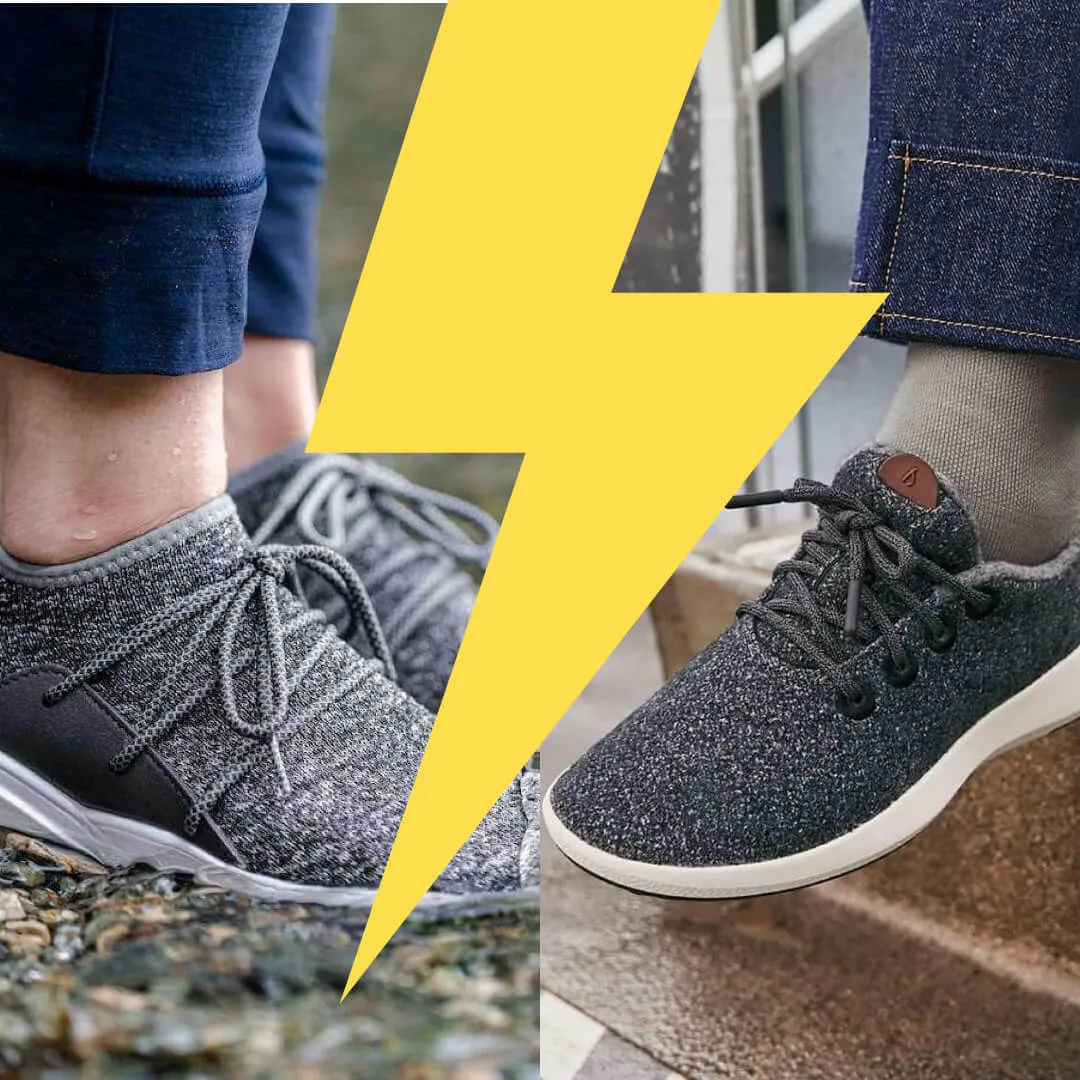
Sustainability certifications help eco-conscious brands prove that they care about the environment, their workers, and their overall impact.
But, there’s so much greenwashing happening that it can be hard to tell if a brand is sustainable, or if they’re making it up for marketing purposes.
In this guide, we explain what some of the most common sustainability certifications are.
We’ll explain what each one means, as well as highlighting a few select brands that have each certification.
1. PETA Approved Vegan
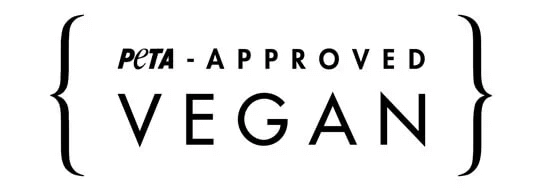
Image: PETA.org
The PETA Approved Vegan certification is awarded to companies creating completely vegan and cruelty-free products.
As more and more people become aware of how animals are exploited around the world, this certification is a great way to prove to your customers that you care about creating cruelty-free products.
That means:
-
No animal products (fur, leather, gelatin)
-
No testing on animals
-
A supply chain that doesn’t involve the use of animal products
Examples of brands that are PETA Approved Vegan include:
A brand can apply to use the PETA-Approved Vegan label on their products, even if their whole range of products isn’t vegan.
If you want PETA to grant your company the use of the logo, you can apply here. There is an application fee that varies on company size.
2. Certified B Corporation

Image: BCorporation.net
B Corporations are for-profit companies that go through a rigorous examination of how they perform in terms of:
-
Social and environmental performance
-
Accountability
-
Transparency
There are over 1,000 Certified B Corps spanning 60+ industries, and they employ more than 100,000 people.
Being a B Corp is a great trust signal because they thoroughly review companies on their performance. If there are any issues in their supply chain, how they treat their workers, or any other ethical violation, their B Corp Status is removed.
Some examples of B Corps include:
3. OEKO-Tex Certified
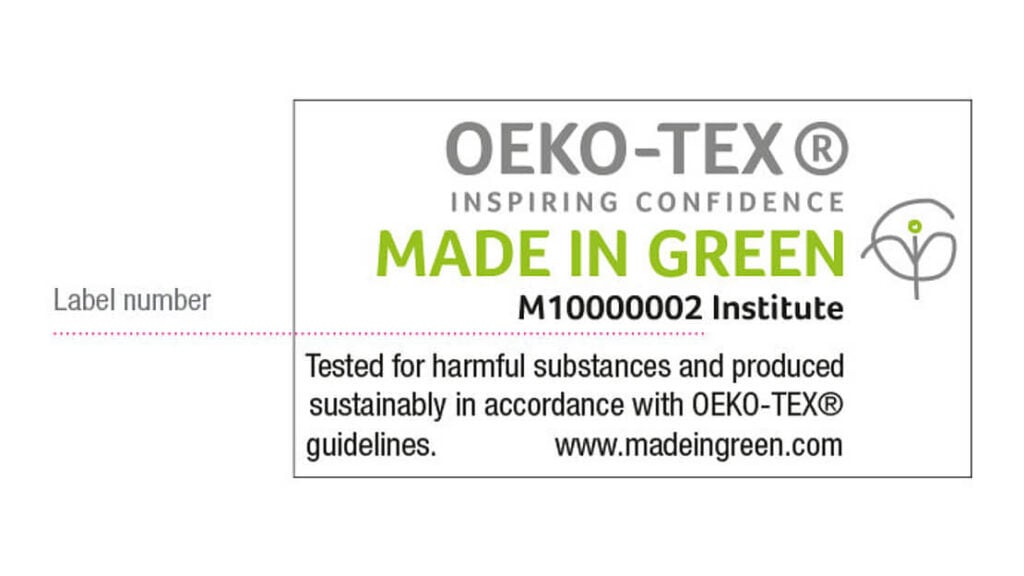
Image: OEKO-TEX.com
OEKO-Tex is a company that tests and certifies textiles to ensure they don’t contain any chemicals or toxins that may be harmful to humans, for example, carcinogenic, mutagenic, or toxic to reproduction chemicals.
Oeko-Tex carries out a range of tests, as well as unannounced visits to factories that are Oeko-Tex Certified to ensure there is never a drop in quality standards.
The goal of the certification is to ensure a global standard for textile safety.
If you’re considering shopping from a brand and aren’t sure if it’s certified, you can use Oeko-Tex’s buying guide to search. You’ll quickly find all of the relevant details you need to make a smart buying decision.
4. GOTS Certified Organic
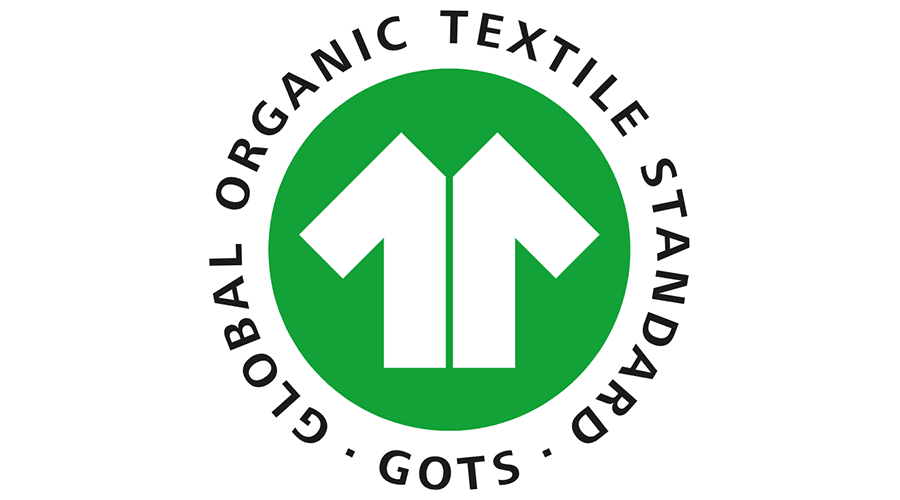
Image: Global-Standard.org
GOTS stands for the Global Organic Textile Standard. It’s an international set of standards to ensure brands are using truly organic fibers when they say they are.
To be GOTS Certified, materials must have been grown organically, without any toxic chemicals, and in compliance with fair trade labor principles. The most common example is GOTS Certified Organic Cotton.
The process is overseen by an independent, accredited body in Switzerland.
In 2020 there were 10,388 GOTS-certified facilities with over 3 million workers across 72 countries. It’s one of the more accessible sustainability accreditations to achieve.
Examples of brands that use GOTS Certified materials include:
5. bluesign® Certified
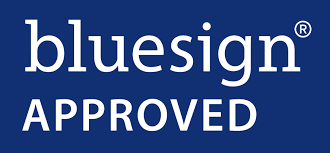
Image: bluesign.org
The bluesign® certification certifies that products are created with responsible and sustainable use of resources and low negative impact on workers, stakeholders, and the environment.
This sustainability certification sets strict guidelines for how textiles are manufactured, from the raw materials chosen, to the dyes or chemicals used in the process.
If an item is to be bluesign® Certified, it needs to consist of at least 90% approved textiles (the materials making up the main body of the garment), and 30% approved accessories (zippers, buttons, etc.)
The certification is lengthy, sometimes taking up to two years to complete. But, it’s worth it.
A bluesign® certified company or product line will be high-quality, sustainable, and ethical which will build trust with eco-conscious consumers.
Examples of bluesign® certified sustainable fashion brands include:

